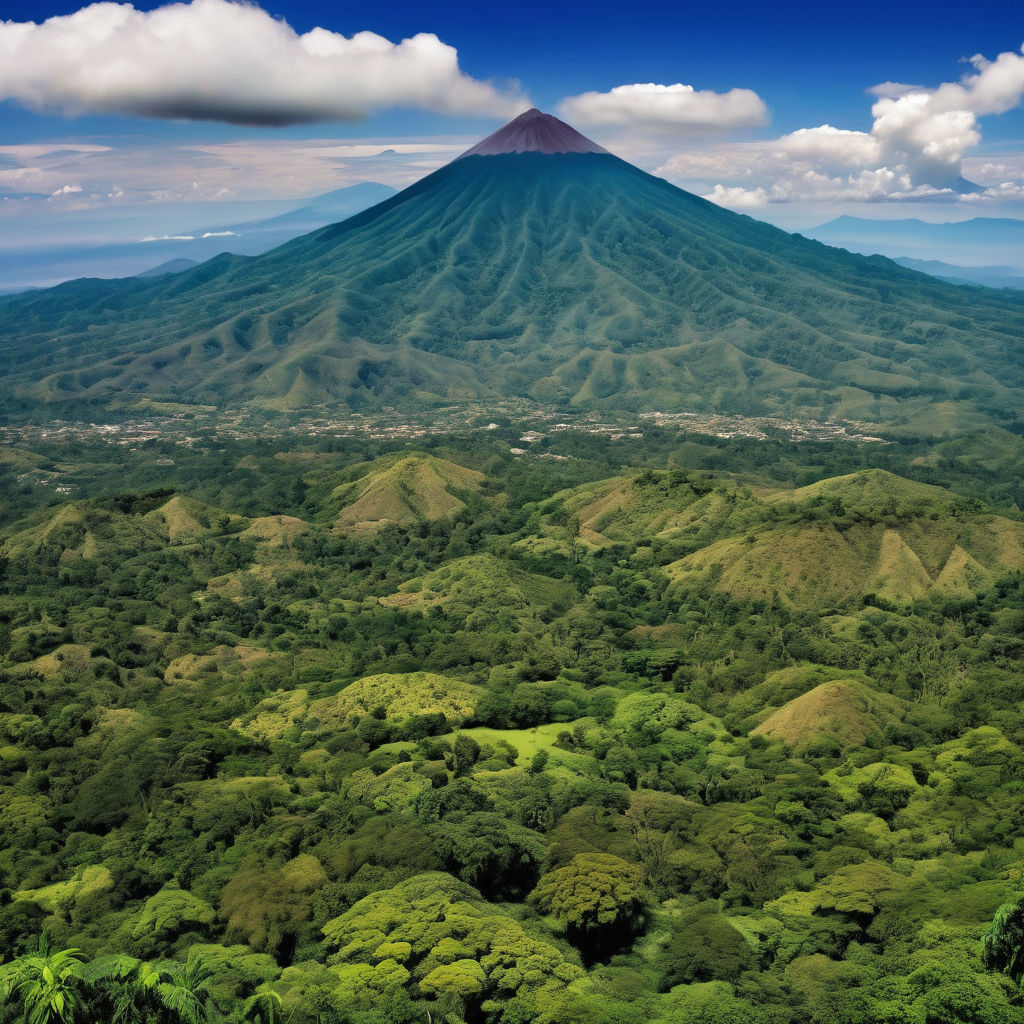Introduction to El Salvador: A Cultural Tapestry
Exploring El Salvador's Rich Heritage and Modern Connections

Introduction to El Salvador
El Salvador, the smallest and most densely populated country in Central America, is bordered by Honduras to the northeast, Guatemala to the northwest, and the Pacific Ocean to the south. The capital city, San Salvador, is the largest city and the political, cultural, and economic center of the country. Other major cities include Santa Ana, known for its colonial architecture and coffee production, and San Miguel, a key commercial hub. El Salvador's rich cultural heritage is a blend of indigenous traditions, Spanish colonial influences, and contemporary global trends, creating a vibrant and diverse society.
Cross-national and Cross-cultural Understanding
El Salvadorans generally perceive and engage with other cultures with openness and curiosity. The country has a history of cultural exchanges, educational programs, and international partnerships that promote cross-cultural understanding. These initiatives reflect El Salvador's desire to connect with the global community and foster mutual respect and appreciation. Cultural exchanges play a significant role in El Salvadoran society. Events such as the Festival de Independencia, celebrating the country's independence from Spain, attract international visitors and provide a platform for showcasing Salvadoran culture while embracing influences from around the world. These festivals foster a spirit of global cultural exchange and enhance mutual cultural appreciation. Educational programs in El Salvador also emphasize cross-cultural understanding. Institutions like the University of El Salvador and the Central American University have established partnerships with foreign universities, facilitating student and faculty exchanges. These programs allow Salvadoran students to study abroad and bring back diverse perspectives that enrich the local educational environment. Additionally, international students and faculty members in Salvadoran institutions contribute to a multicultural academic community.
Interactions and Social Dynamics
Interactions between Salvadorans and foreigners are typically characterized by warmth, respect, and a genuine interest in learning about different cultures. Social behaviors in El Salvador reflect a blend of traditional customs and contemporary influences, with an emphasis on family values and communal living. Communication styles in El Salvador are generally informal and friendly. Spanish is the official language, and while English is not widely spoken, it is increasingly being taught in schools and used in business settings. This growing bilingualism facilitates interactions with tourists and expatriates, making it easier for them to integrate into Salvadoran society. Cultural norms in El Salvador emphasize respect for elders, strong family ties, and hospitality. These values create a welcoming and inclusive atmosphere for foreigners, who often find it easy to adapt to the local way of life. Public displays of affection are generally modest, reflecting traditional values, but social gatherings and communal activities are lively and inclusive.
Views on Dating and Relationships
Salvadorans generally have open and accepting attitudes towards dating and relationships with foreigners, though these views are influenced by cultural and traditional norms. There is a recognition of the opportunities for cultural exchange and personal growth that such relationships can bring. However, traditional customs and values play a significant role in shaping these views. Family involvement is significant in relationships in El Salvador, with elders often playing a crucial role in the approval process. Traditional customs emphasize respect, patience, and the gradual building of trust in relationships. While modern dating practices influenced by global trends are becoming more common among younger generations, traditional values still hold sway in many communities.
Marriage and Family
Marrying a foreigner in El Salvador involves navigating both legal and social considerations. Legally, the country has clear regulations governing marriage, including residency requirements and the need for proper documentation. Socially, cross-cultural marriages are generally accepted, though couples may face challenges related to cultural differences and integration. Familial acceptance is a key factor in cross-cultural marriages. Salvadoran families can be protective, and gaining their approval is often essential for the relationship's success. However, the diverse cultural landscape of El Salvador means that many families are already familiar with and accepting of different cultural backgrounds, which can facilitate smoother integration for foreign spouses. Trends in cross-cultural marriages reflect El Salvador’s open and inclusive society. Many Salvadorans who travel abroad for education or work form relationships with individuals from various cultures, bringing back diverse customs and traditions that enrich the local community.